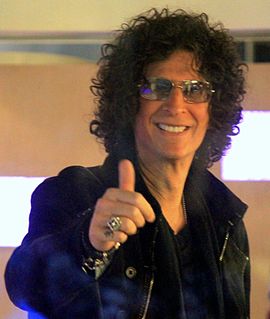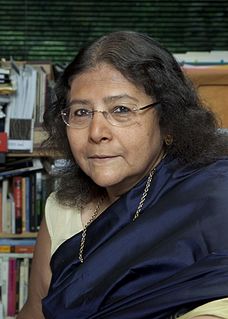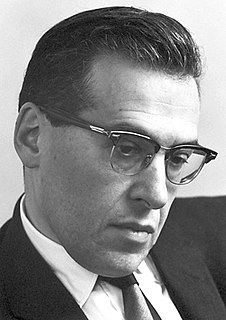A Quote by Larry Hurtado
I think Rodney Stark makes a substantial contribution to the study of early Christianity in posing the kinds of questions that he pursues (which reflect his social-science background).
Related Quotes
I think men of science as well as other men need to learn from Christ, and I think Christians whose minds are scientific are bound to study science that their view of the glory of God may be as extensive as their being is capable. But I think that the results which each man arrives at in his attempts to harmonize his science with his Christianity ought not to be regarded as having any significance except to the man himself, and to him only for a time, and should not receive the stamp of a society.
The science, the art, the jurisprudence, the chief political and social theories, of the modern world have grown out of Greece and Rome-not by favour of, but in the teeth of, the fundamental teachings of early Christianity, to which science, art, and any serious occupation with the things of this world were alike despicable.
It is time to create new social science departments that reflect the breadth and complexity of the problems we face as well as the novelty of 21st-century science. These would include departments of biosocial science, network science, neuroeconomics, behavioral genetics and computational social science.
I don't think any religion makes any sense and I think people who are into that are really getting duped, and I don't think Judaism makes any more sense than Christianity, and I don't think Christianity makes any more sense than Scientology. But here's a guy, L. Ron Hubbard, who told all his friends, 'Look, I'm gonna start a religion, 'cause I can't make any money as a science fiction writer.' I mean, he admitted that publicly! At least with Jesus Christ, you can't go talk to the guy.
The master in the art of living makes little distinction between his work and his play, his labor and his leisure, his mind and his body, his information and his recreation, his love and his religion. He hardly knows which is which. He simply pursues his vision of excellence at whatever he does, leaving others to decide whether he is working or playing. To him he's always doing both.
I am kind of a sucker for democracy, so I do think that what kinds of citizens we have in our societies are more foundational than what kinds of governments we have, and that the responsibility for self-government is ultimately with us. But we also have learned through a couple thousand years of democracy that democracies are only as good as people's capacity to reflect on those questions.
It is for Muslim scholars to study the whole history of Islamic science completely and not only the chapters and periods which influenced Western science. It is also for Muslim scholars to present the tradition of Islamic science from the point of view of Islam itself and not from the point of view of the scientism, rationalism and positivism which have dominated the history of science in the West since the establishment of the discipline in the early part of the 20th century in Europe and America.































